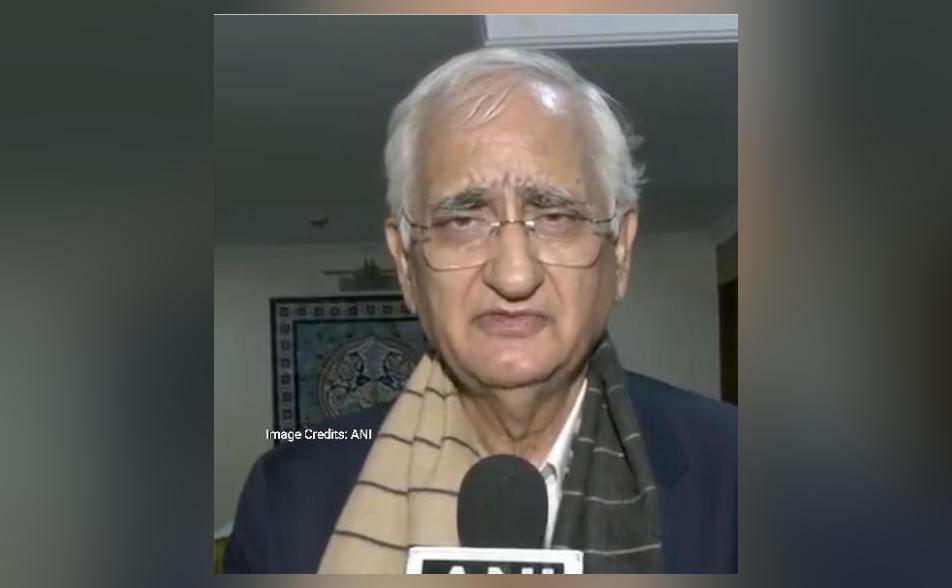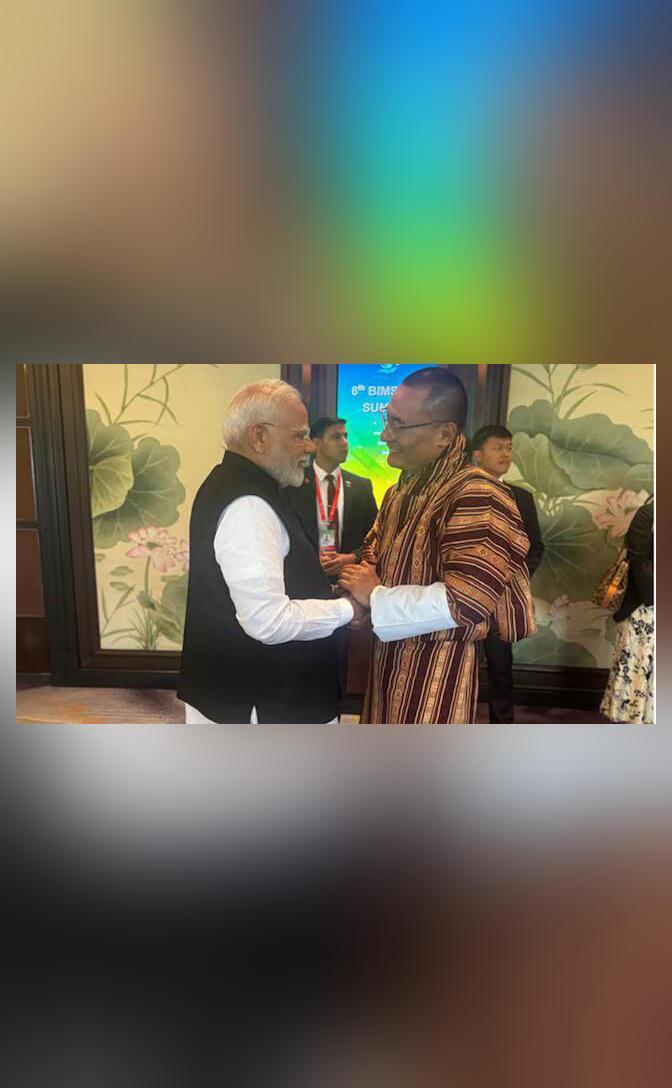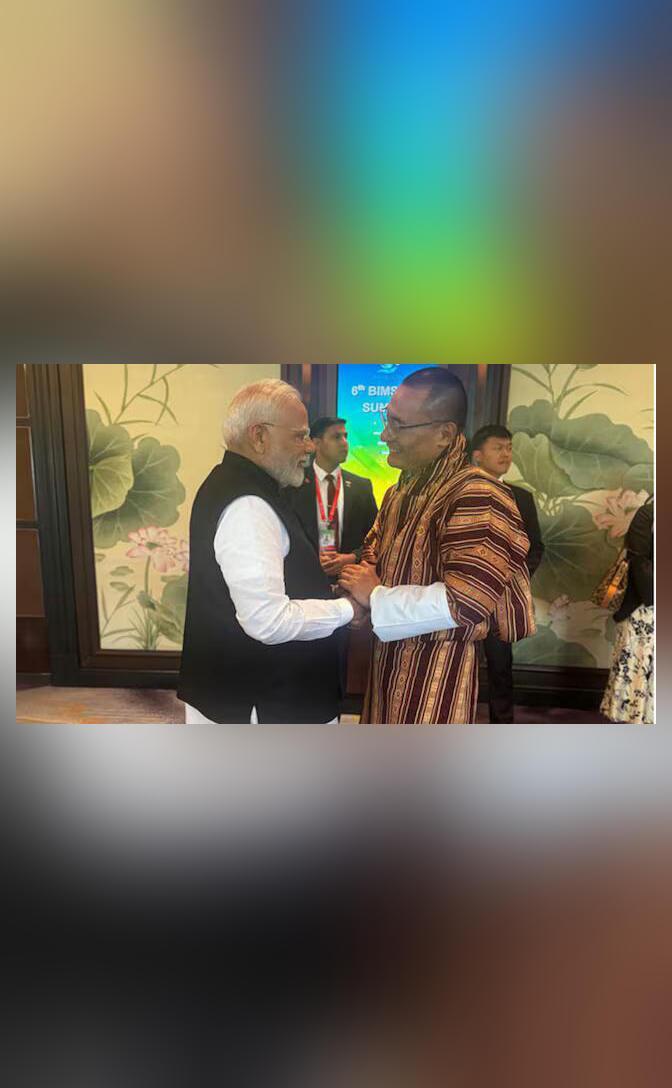
Aims that give India unified identity being interfered: Khurshid
In a recent turn of events, the Waqf JPC report was tabled in the Parliament on Thursday, sparking concerns and debates among political leaders. Congress leader Salman Khurshid, while reacting to the report, expressed his disappointment and concern about the intentions that give India a unified identity being interfered with. In an interview, he stated, “Interfering with the intentions that give a unified identity to India is unfortunate. I have faith that the Parliament will not let this happen.”
The Waqf JPC report, which was tabled in the Parliament, is a significant document that provides an overview of the current state of Waqf properties in the country. Waqf properties are Islamic charitable trusts that are dedicated to the welfare of the Muslim community. The report is expected to provide insights into the management of these properties and suggest measures to improve their functioning.
However, the report has been marred by controversy, with the Opposition alleging that dissenting notes were deleted from the report. The dissenting notes, which were written by some members of the JPC, highlighted the need for greater transparency and accountability in the management of Waqf properties. The Opposition has accused the ruling party of trying to suppress the dissenting voices and manipulate the report to suit their own interests.
Khurshid’s comments on the report have sparked a heated debate about the role of Parliament in ensuring the unity and integrity of the country. The Congress leader’s statement has been seen as a warning to the ruling party not to interfere with the intentions that give India a unified identity. By emphasizing the importance of parliamentary democracy, Khurshid is highlighting the need for the Parliament to play a proactive role in upholding the values and principles that unite the country.
The controversy surrounding the Waqf JPC report is not just about the management of Waqf properties, but also about the broader issues of national identity and unity. The report has been seen as a symbol of the country’s diversity and the need to respect and protect the rights and interests of all communities. The Opposition’s allegations of deletion of dissenting notes have been seen as an attempt to undermine the report and discredit the parliamentary process.
In recent years, there have been growing concerns about the erosion of national identity and the rise of divisive and exclusionary forces. The Waqf JPC report, which was tabled in the Parliament, is seen as a critical step towards addressing these concerns and promoting national unity. The report is expected to provide insights into the management of Waqf properties and suggest measures to improve their functioning.
The controversy surrounding the report has also highlighted the need for greater transparency and accountability in the functioning of parliamentary committees. The JPC, which was set up to investigate the management of Waqf properties, is seen as a critical institution that can help to promote transparency and accountability in the management of public trusts.
In conclusion, the controversy surrounding the Waqf JPC report is a critical test for the Parliament and the country as a whole. The report, which was tabled in the Parliament, is seen as a symbol of the country’s diversity and the need to respect and protect the rights and interests of all communities. The Opposition’s allegations of deletion of dissenting notes have been seen as an attempt to undermine the report and discredit the parliamentary process.
As Khurshid stated, “Interfering with the intentions that give a unified identity to India is unfortunate. I have faith that the Parliament will not let this happen.” The Congress leader’s statement is a reminder of the critical role that the Parliament plays in upholding the values and principles that unite the country. The controversy surrounding the Waqf JPC report is a wake-up call for the country, highlighting the need for greater transparency and accountability in the functioning of parliamentary committees.






